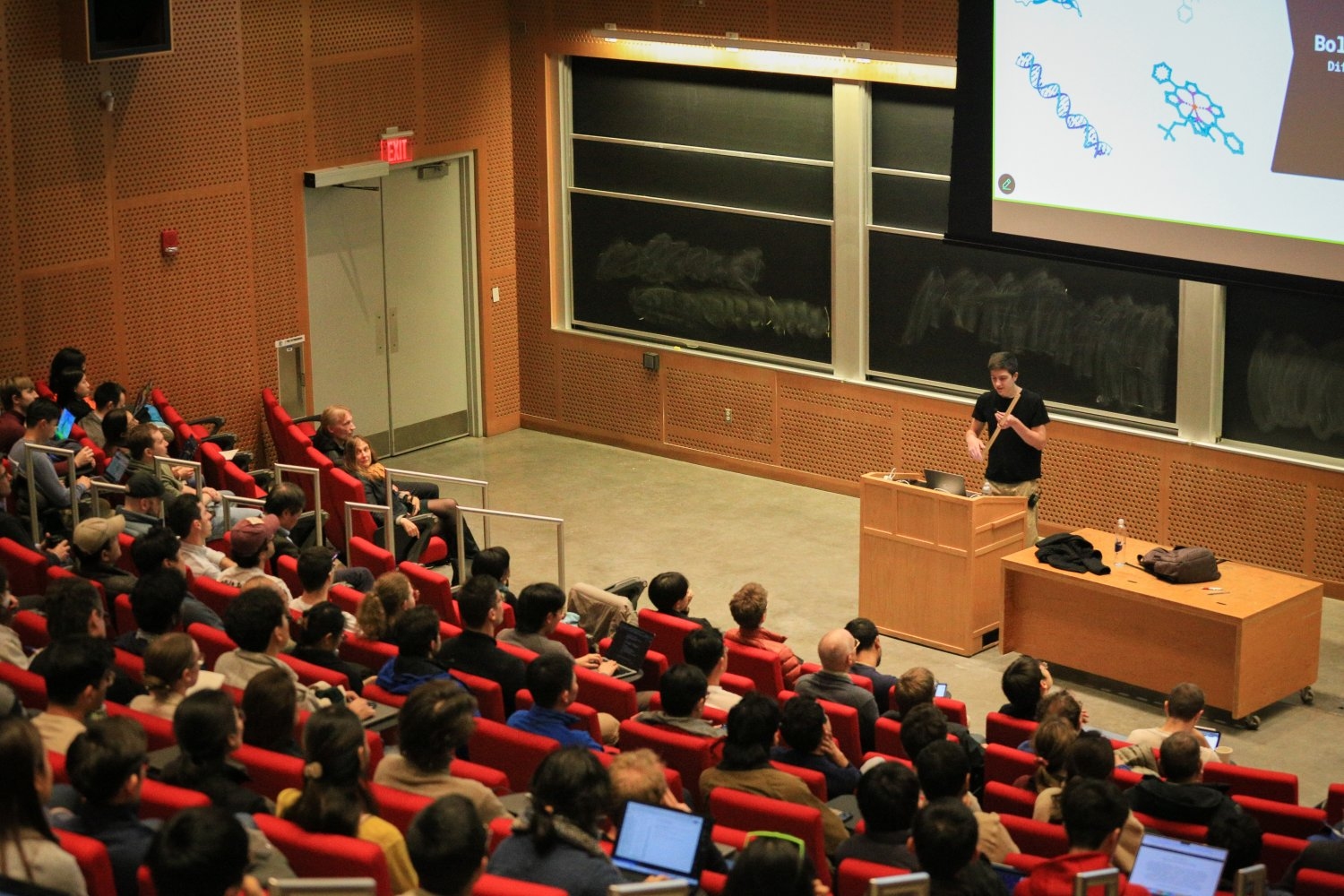PrismSSL: One Interface, Many Modalities; A Single-Interface Library for Multimodal Self-Supervised Learning
PositiveArtificial Intelligence
- PrismSSL is a newly released Python library that consolidates various self-supervised learning methods across multiple modalities, including audio, vision, and graphs, into a single modular codebase. It allows users to easily install, configure, and run pretext training with minimal code, while also enabling the reproduction of benchmarks and extension of the framework with new methods.
- This development is significant as it enhances accessibility for researchers and practitioners in the field of artificial intelligence, streamlining the process of implementing advanced learning techniques and fostering innovation through its integration with popular tools like HuggingFace Transformers and PyTorch.
— via World Pulse Now AI Editorial System


